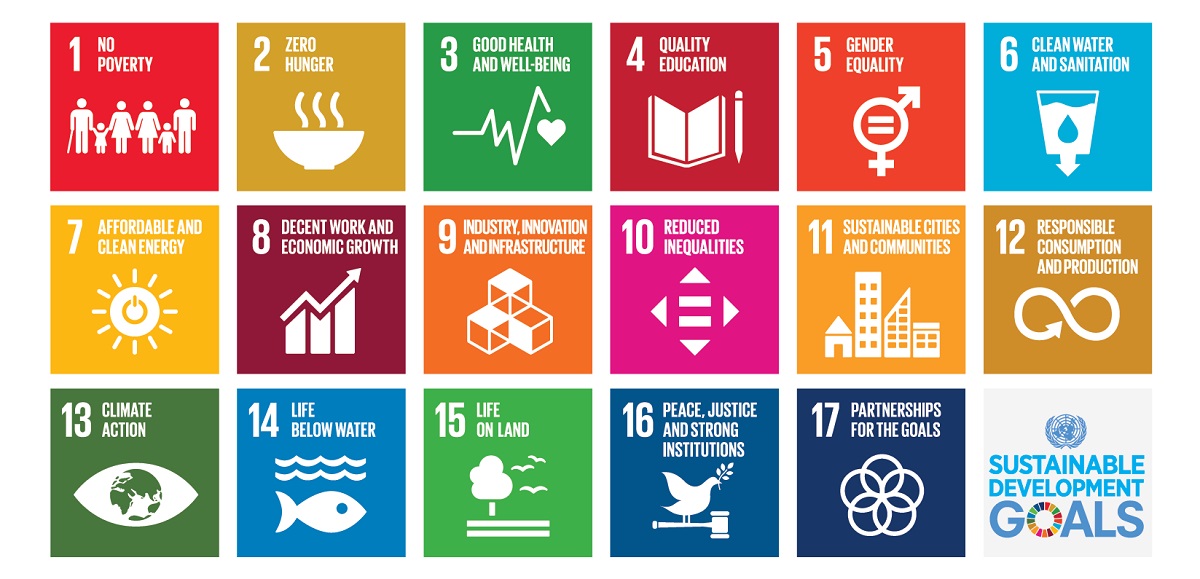
Sustainable development or sustainability has become well-used in business over recent years, and it appears to be moving to the forefront of our communities, on what it is and how it’s done.
It's easy to be perplexed by the growing use of the word 'sustainability' everywhere, as illustrated by this popular XKCD comic that jokingly points out how unsustainable our use of the word is getting!
While the comic is an ironic 'tongue-in-cheek', sustainable development is in fact, important work that needs our attention. Climate change anyone? Our current weather patterns are not even sustainable. How many times have you heard the words ‘one in 100 event’ and ‘unprecedented’?
What this means is that we really need to get the meaning of the word right and more importantly, its implementation in business and within our lifestyles.
The United Nations defines sustainable development as “meeting the needs of the present without compromising the ability of future generations to meet their own needs.” This is what Sustainable Development Goals (SDGs) Masters Student from Massey University, Toni Grace back’s up. She is studying the 17 SDGs that were agreed by the United Nations in 2015 and provide a shared blueprint for peace and prosperity for people, and the planet, now and into the future.
Grace explains, “Economic development agencies (like CEDA) have an important intermediary role to play to encourage local businesses and residents to understand what sustainable development is and how to do it well and do it together.
“For instance, sustainability is not just about recycling our home or office rubbish, re-using paper and household items, nor individual consumption decisions. Real change that transforms happens when we all do this work together.”
Grace is undertaking research on the SDGs and working with the CEDA team to better understand and support local sustainable business transitions.
“I’m working with CEDA for my Massey SDG research because I think there is a valuable role that Economic Development Agencies will play in the future of our sustainable economy here in Manawatū.
“This includes raising awareness, demystifying sustainability and supporting local businesses to unlock the opportunities and benefits,” says Grace.
Chief Executive at CEDA, Jerry Shearman says, “The collation of a sustainability toolkit to support local businesses to meet their own sustainable development goals, is one way we will be getting behind local businesses to support their own journey.
“We’re beginning to understand the role we must play as an economic development agency in fostering sustainable and inclusive economic development, for our region to thrive. There’s still a lot of work to be done.
“We know the importance of walking the talk too, so as a team we are committed to sustainable practices in both CEDA’s office environment and the environment within which we work and live, and together we are continually looking at what we could be doing better or differently,” Shearman says.
The SDGs that CEDA apply to inform their programmes of work are Quality Education (#4), Decent Work and Economic Growth (#8) and Responsible Consumption and Production (#12). Some others include Industry, Innovation and Infrastructure (#9) and Partnerships for the Goals (#17).
Grace says, “Focusing on your top three to five SDGs, choosing those that best align with your vision, values and purpose, is an easy way to start making a positive impact not just within your business but within our communities.”
Over the coming months, CEDA will be conducting and sharing our own internal mahi, as well as showcasing businesses in the Manawatū who are already realising the benefits and overall impact of integrating the SDGs into their organisation.